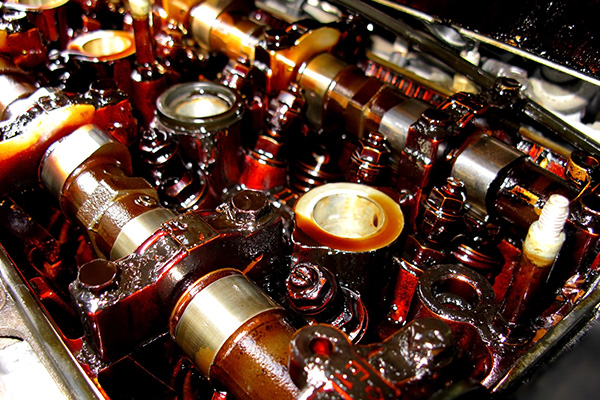
Your engine’s oil is one of its most critical components. It lubricates moving parts, helps regulate temperature, and reduces the buildup of harmful contaminants. But like all fluids in your vehicle, oil needs to be replaced regularly. Skipping an oil change may seem harmless, especially if your car feels like it’s running fine, but this simple maintenance task is more important than many drivers realize.
In San Jose’s stop-and-go traffic and warm climate, engine oil works hard. Delaying or skipping oil changes increases the risk of engine damage, costly repairs, and reduced vehicle life.
What Engine Oil Does
Before understanding the consequences of skipping an oil change, it helps to know the role oil plays in your engine:
- Lubrication: Reduces friction between fast-moving engine components
- Cooling: Helps carry heat away from engine parts
- Cleaning: Suspends dirt and debris, keeping them from forming deposits
- Protection: Prevents metal parts from corroding or wearing out prematurely
Over time, oil breaks down due to heat and contamination. It becomes less effective and eventually turns into sludge, unable to perform any of its critical functions.
What Happens When You Wait Too Long
If you skip an oil change or go far beyond the recommended interval, you may not notice immediate effects. But internally, your engine is under increasing stress. Here’s what happens as oil degrades:
Loss of Lubrication
As oil becomes thicker and dirtier, it can no longer coat engine parts effectively. Without proper lubrication, metal components grind against each other, creating heat and wear. This accelerates engine aging and can eventually lead to failure.
Sludge Formation
Old oil turns into sludge—a sticky, tar-like substance that clogs oil passages and prevents flow. Sludge buildup can block vital areas of the engine, such as the crankcase and valves, restricting movement and increasing internal pressure.
Overheating
Because oil helps carry heat away from hot engine parts, dirty or low oil can cause the engine to run hotter than normal. Overheating stresses the engine and increases the likelihood of head gasket failure, warped components, and more serious problems.
Increased Fuel Consumption
A poorly lubricated engine works harder to function, which may lead to a drop in fuel efficiency. You’ll burn more gas just to maintain normal performance and spend more at the pump in the long run.
Engine Seizure
In extreme cases, skipping oil changes can lead to total engine seizure. If the oil becomes so degraded that it no longer flows, internal parts can overheat, lock up, or even weld themselves together. At that point, an engine replacement may be the only option.
Warning Signs You’ve Gone Too Long
Sometimes, your vehicle will give you clues that the oil is past its prime. If you notice any of the following, schedule service immediately:
Even if these signs aren't present, it's still risky to exceed your vehicle’s recommended oil change interval. Some damage occurs silently and won't become noticeable until it's too late.
How Often Should You Change Your Oil
The right oil change interval depends on your car’s make, model, age, and oil type. Older vehicles may need oil changes every 3,000 to 5,000 miles. Newer vehicles using synthetic oil may go 7,500 to 10,000 miles or more between changes.
Driving conditions also matter. If you regularly drive in heavy traffic, take short trips, or travel through hot weather (like in San Jose), your engine may require more frequent oil changes. Consult your owner’s manual or ask a technician for guidance tailored to your driving habits.
Delaying an Oil Change Isn’t Worth the Risk
Oil changes are relatively inexpensive, especially when compared to the cost of engine repairs. Skipping just one may not cause a disaster, but the risk compounds with each missed service. Regular oil changes protect your engine, improve performance, and help your vehicle last longer.
If you’re running behind schedule, it’s better to address it now than to wait for a warning light or a major problem to appear.
Stay on Track With B&C Auto Center in San Jose, CA
Oil change intervals can vary, but one thing is always true: skipping them shortens your engine’s life. Our technicians can help you stay on schedule with timely oil changes and inspections that protect your vehicle from avoidable damage.
Call B&C Auto Center in San Jose, CA, to schedule your next oil change and give your engine the protection it deserves.